
The Laws of Subtraction
6 Simple Rules for Winning in the Age of Excess Everything
Recommendation
Life is demanding, uncertain, noisy and cluttered. So now is the time to figure out what’s important and delete everything that is not. Business innovator Matthew E. May explains that he based his book on the 10th law in The Ten Laws of Simplicity by John E. Maeda, president of the Rhode Island School of Design. The lesson is that you can subtract from your life “anything obviously excessive, confusing, wasteful, unnatural, hazardous, hard to use or ugly.” May draws on themes from the arts to help you do more with less. He defines six major rules, or “laws” of “the art of subtraction,” and enhances his advice with enlightening examples from art, design, comic books and architecture. He provides good models of subtraction in action, though this is not the typical how-to book; it’s lots more intriguing than that. Readers looking for specific one-two-three steps for paring down may be disappointed but will still find useful, thought-provoking guidance. getAbstract recommends this philosophical work to people interested in simplifying their lives and to artists, writers, designers, architects and other creatives.
Summary
About the Author
Matthew E. May is an author, speaker and coach who helps major corporations with business innovation. He wrote The Elegant Solution, In Pursuit of Excellence and The Shibumi Strategy.









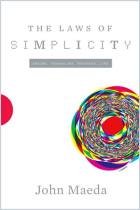
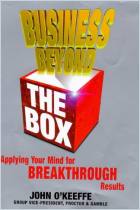
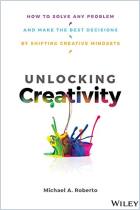
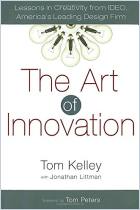
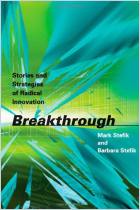




Comment on this summary